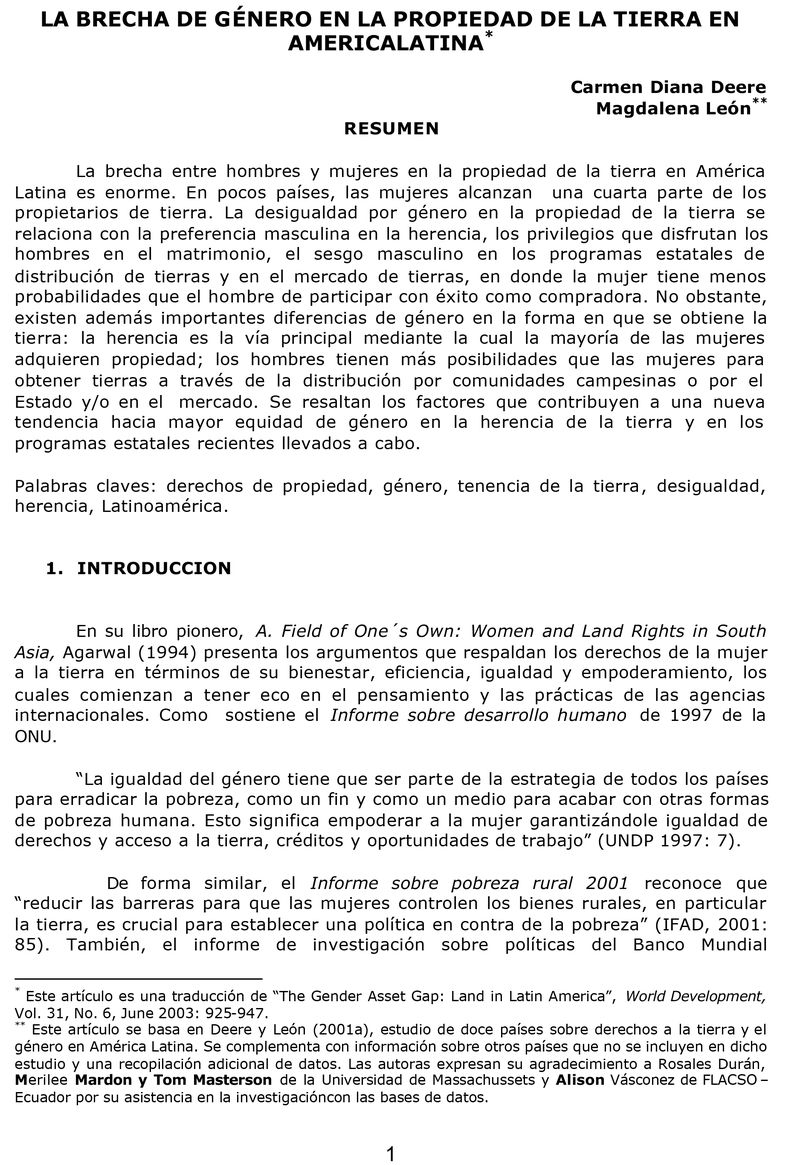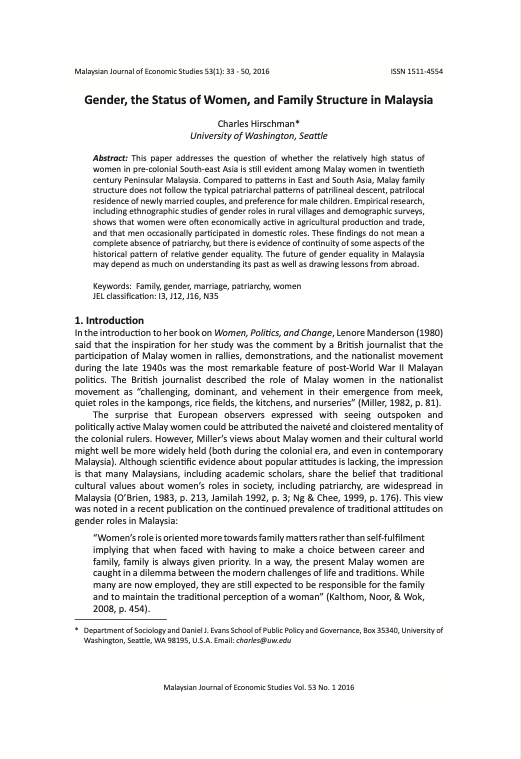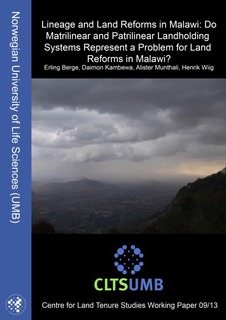La brecha de género en la propiedad de la tierra en América Latina.
.Analiza la desigualdad por género en la propiedad de la tierra en América Latina. En algunos países, las mujeres constituyen únicamente una cuarta parte de los propietarios de tierra.










